What Is Xerostomia (Dry Mouth) — and How Can You Fight It?
- May 3, 2025
- 3 min read
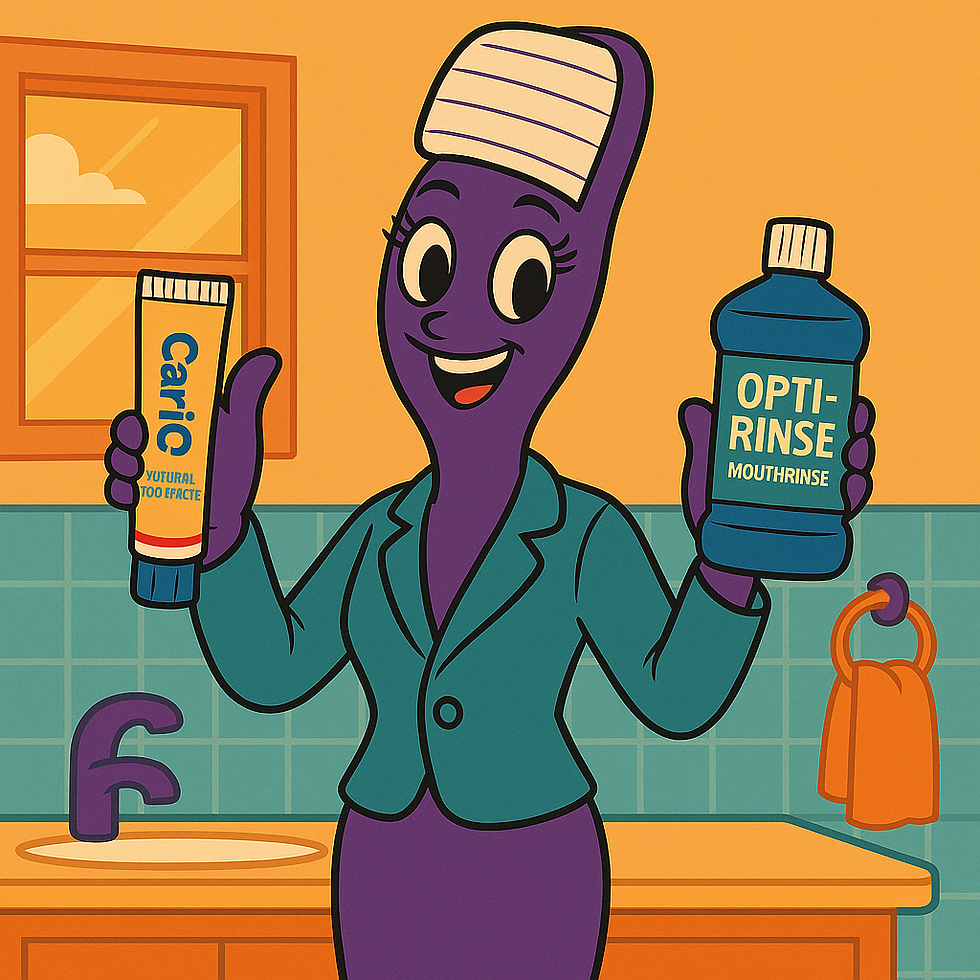
Have you ever felt like your mouth is constantly dry, no matter how much water you drink? You might be experiencing xerostomia, commonly known as dry mouth — and you’re not alone. It’s a condition that affects a significant number of people, especially those on certain medications or undergoing specific medical treatments.
While it might seem like a minor inconvenience, untreated dry mouth can lead to serious dental problems, from tooth decay to gum disease and difficulty wearing dentures.
Let’s break down what causes xerostomia, how medications play a role, and what you can do to manage it — including some dentist-recommended products that actually work.
What Causes Dry Mouth?
Xerostomia can result from a number of causes, but the most common are:
Medications: Antidepressants, antihistamines, blood pressure medications, diuretics, anti-anxiety drugs, and certain pain medications often reduce saliva flow as a side effect.
Medical Conditions: Sjögren’s syndrome, diabetes, Parkinson’s disease, and radiation therapy for head and neck cancers can severely impact your salivary glands.
Dehydration: Chronic dehydration, mouth breathing, and lifestyle habits (like smoking) can worsen symptoms.
Why Does Saliva Matter So Much?
Saliva isn’t just there to keep your mouth moist — it protects your teeth and tissues by:
Neutralizing acids
Washing away food and bacteria
Helping remineralize enamel
Aiding digestion and speech
Without enough saliva, your oral health is at risk.
Symptoms of Xerostomia
Dry mouth doesn’t always present the same way. You might notice:
A sticky, dry feeling in your mouth
Burning or tingling sensation on your tongue
Difficulty chewing, speaking, or swallowing
Cracked lips or corners of the mouth
Bad breath
More cavities or plaque buildup than usual
Medications That Commonly Cause Dry Mouth
Over 500 medications list dry mouth as a side effect. The most common culprits include:
Antidepressants: SSRIs (like fluoxetine, sertraline), tricyclics (like amitriptyline)
Antihypertensives: Beta-blockers, diuretics
Antihistamines: For allergies and colds
Benzodiazepines: For anxiety or sleep
Muscle relaxants
Opioids: Pain management drugs
If you’re taking multiple medications, your risk is even higher — especially as we age.
How to Manage and Treat Dry Mouth
Here are dentist-recommended strategies to help combat xerostomia and protect your teeth:
1. Hydrate — But Smarter
Water alone doesn’t replenish the protective enzymes in saliva. Try sipping water frequently, but also:
Avoid caffeine and alcohol (which dry you out)
Use a humidifier at night to improve overnight dryness
2. Stimulate Saliva Production
Chew sugar-free gum (with xylitol) or suck on sugar-free lozenges throughout the day. Xylitol doesn’t just stimulate saliva — it also helps prevent cavities.
Try: CariØ Xylitol Toothpaste — formulated to help remineralize teeth and reduce bacterial adhesion, perfect for dry-mouth-prone patients.
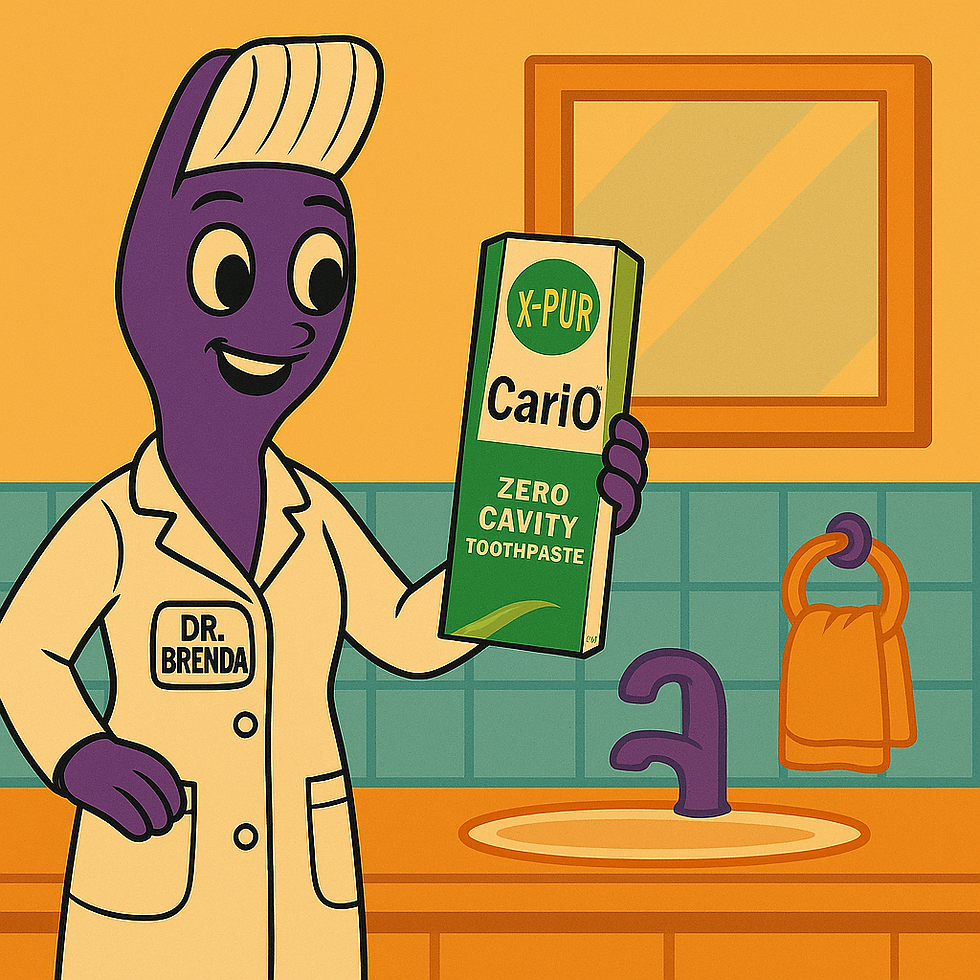
Also try: TheraBreath Dry Mouth Lozenges — these sugar-free lozenges are formulated with xylitol and zinc to stimulate saliva production and freshen breath at the same time. They’re perfect for on-the-go relief and come in pleasant flavors that make managing dry mouth a little easier.
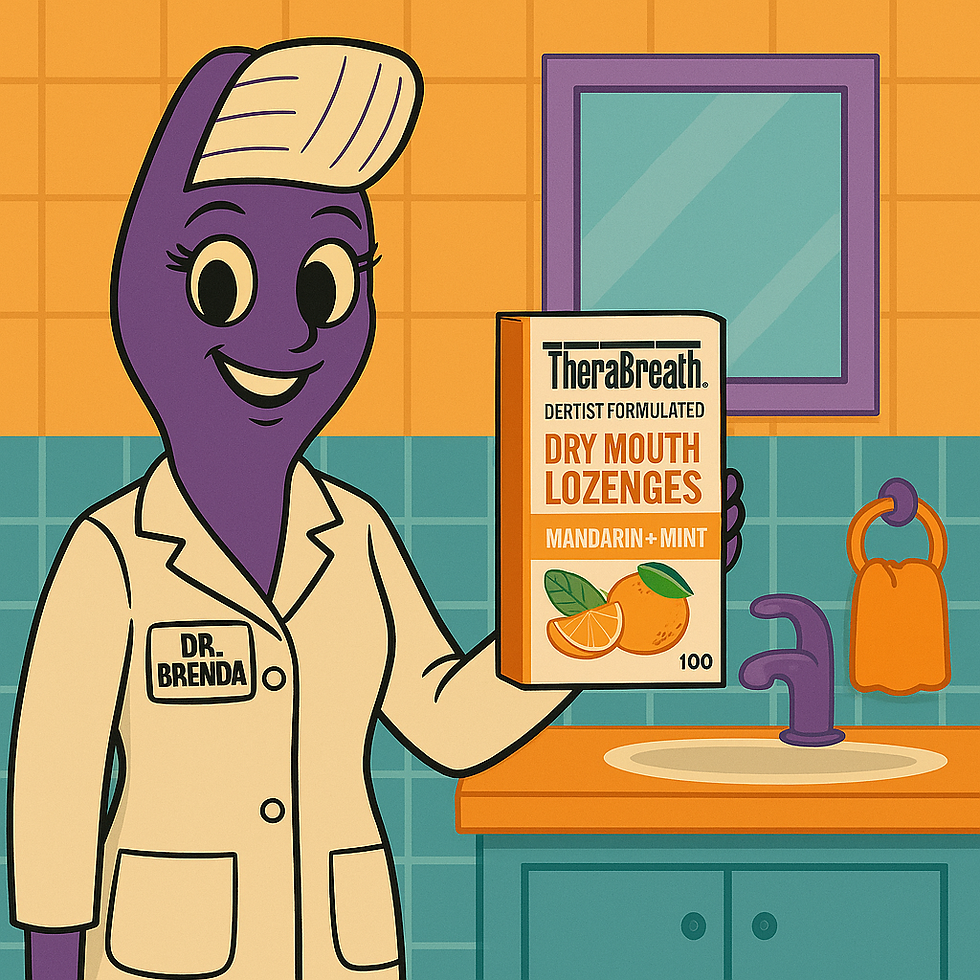
3. Use Saliva Substitutes or Rinses
Over-the-counter saliva substitutes and oral rinses can provide relief and support the mouth’s natural functions.
Try: Opti-Rinse 0.05% Sodium Fluoride Mouthrinse — designed for patients with dry mouth, it offers remineralizing benefits and soothes oral tissues while delivering fluoride protection.

4. Switch to Gentle, Moisture-Retaining Toothpaste
Avoid toothpaste with SLS (sodium lauryl sulfate), which can irritate dry tissues. Opt for pastes with xylitol, fluoride, and hydrating agents.
5. Talk to Your Dentist or Doctor
If dry mouth is impacting your quality of life, we can help:
Review your medications and talk to your physician about alternatives
Offer in-office fluoride varnish or prescription rinses
Monitor for early signs of decay or fungal infections (which dry mouth makes more likely)
What About Nighttime Dry Mouth?
Saliva flow naturally decreases at night, which is why dry mouth tends to feel worse when you wake up.
Pro tips for night relief:
Use a humidifier
Try mouth gel or saliva substitutes before bed
Avoid mouth breathing — ask about a night guard if you clench or grind
Final Thoughts
Dry mouth might seem like a small issue, but it has big consequences if left untreated. Luckily, there are powerful, science-backed ways to manage it — and protect your smile along the way.
At our practice, we regularly help patients with xerostomia build a personalized routine using tools like CariØ toothpaste and Opti-Rinse fluoride rinses, alongside professional dental care.
If you’re struggling with dry mouth, let’s talk. You don’t have to live with discomfort — relief is possible.
— Dr. Noor N. AyToghlo 💜
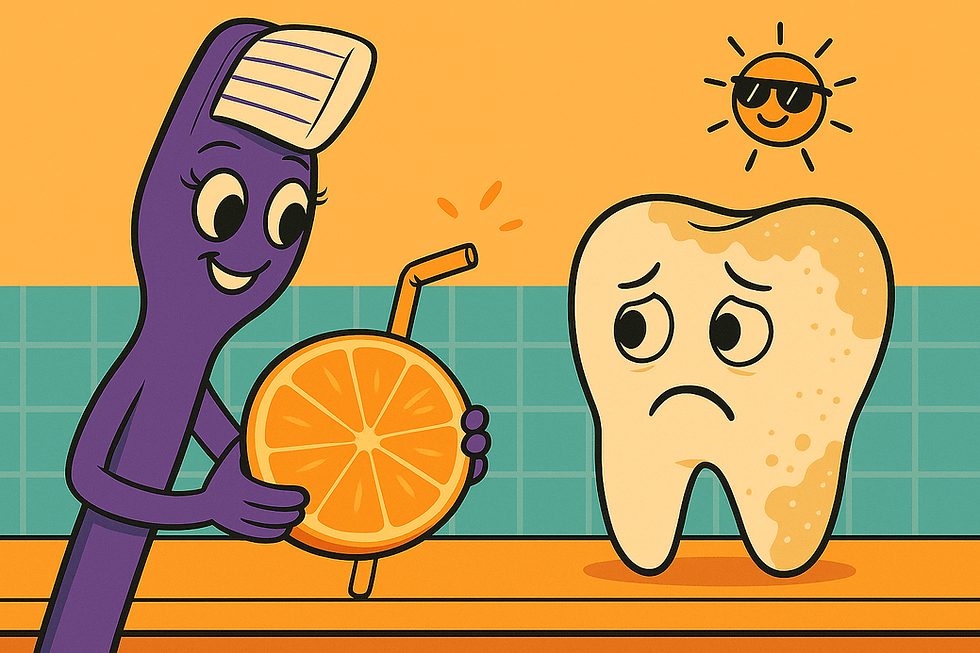

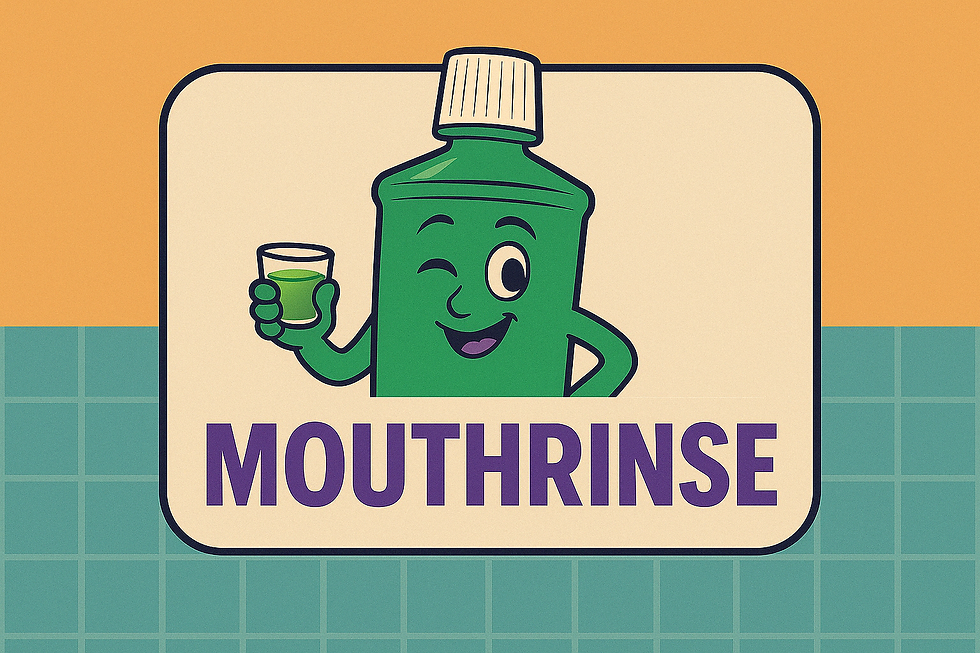
Comments